How to Fade Acne Scars Fast, According to Dermatologists
6 minutes read
It started with battling with a breakout; next thing you know you’re left with a much bigger problem, acne scars, which linger much longer. If you find that acne scars are affecting your self-esteem and quite distressing, you’re not alone. Research shows that acne scarring can negatively affect self-confidence, but thankfully there are ways to deal with its effects. Read on to find out more…
Beauty Daily speaks to leading skin experts on ways to fade acne scars and prevent them from developing in the first place.
What are acne scars?
Acne scars are a result of inflammation of acne blemishes. Depending on the severity of the acne, experts say some acne blemishes are small, so the scars created are shallow and can heal quickly. However, sometimes, the contents of blemishes spill into the surrounding tissue and cause deeper scars.
Healthline says acne scars are often skin-coloured but can be darker or pinkish as well. Acne scars are holes, indentations, or marks in the skin post acne.
“Acne scars are an imbalance between wound healing with tissue growth after injury and the breakdown of excess tissue by enzymes in the dermis. This can either result in hypertrophic scars (too much wound healing) or atrophic scars (too much enzyme activity) and formation of ice pick, boxcar or rolling scars,” says UK-based Consultant Dermatologist Dr Angela Tewari.
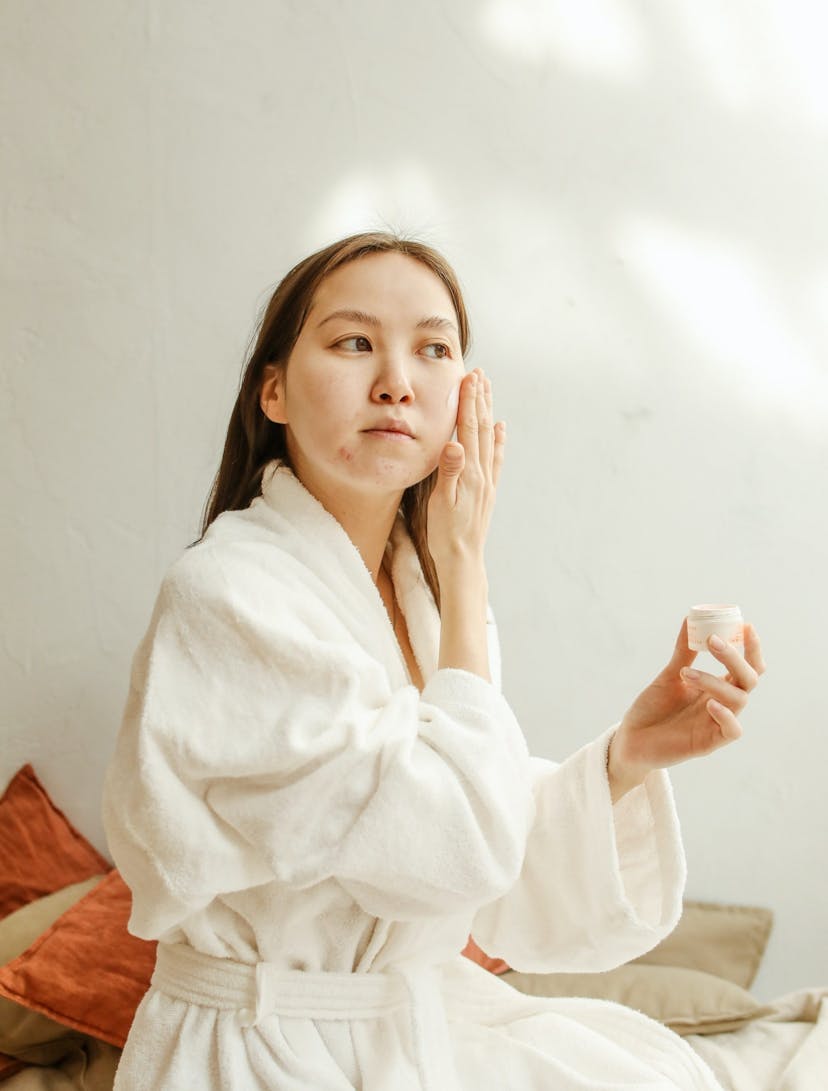
Who gets acne scars?
While all of us will get acne at some point in our lives, the NHS reports that acne is one of the most common skin conditions, with 95% of people aged 11 to 30 being affected to some extent. However, only one out in five of those people will develop scars.
Before you treat acne scars, you need to solve your acne issues once and for all, since new breakouts can lead to new acne scars. Read How To Treat Acne Breakouts, According To The Experts.
The American Academy of Dermatologist Association says some people increase their likelihood of having acne scars if:
- You suffer from inflammatory acne like cysts and nodules. Nodular acne and cystic acne are two of the most severe forms of acne. They are painful to touch, unsqueezable, and both formed deep under the surface of the skin.
- “Cysts and nodules can cause scarring and hyperpigmentation and require the attention of a dermatologist,” says Darren Casey, America’s top physician, and CEO at Atlanta Dermatology.
- You delay, ignore, or don’t treat your inflammatory acne. Experts say the longer a person has inflammatory acne, the greater the risk of scarring.
- You can’t resist the temptation to pick, squeeze, or pop your acne.
- A blood relative, like your mother or father, developed acne scars, as genes also play an influential role.
What are the different types of acne scars?
Atrophic scars
These are a type of scars that are flat and shallow, which heal below the top layer of skin. These scars are commonly caused by severe cystic acne.
- Ice pick scars. As the name suggests, these scars are tiny, deep, and narrow holes, looking like they were punctured by a tiny ice pick. Some ice pick scars have the appearance of a very dilated pore.
- Rolling scars have varying depth, with sloping edges that make skin appear rolling, wavy, and uneven. Reducing their appearance may require professional treatment.
- Boxcar scars, also known as craters or pockmarks, are round or oval depressions, or craters, in the skin.
Post-inflammatory hyperpigmentation
Post-inflammatory hyperpigmentation (PIH), or post-acne mark, shows as pesky dark marks or spots left behind after your pimple heals.
Hypertrophic and keloid scars
Experts say that, unlike atrophic scars, hypertrophic and keloid scars form as raised lumps of scar tissue where the acne once was. This happens when scar tissue builds up, sometimes from previous acne spots. They are common on areas such as the jawline, chest, back, and shoulders.
Can acne scars be removed?
“Deeper scars need to be looked at by a dermatologist and a management strategy discussed,” Dr Tewari says.
There are treatments available to clear acne scars, such as dermabrasion, microdermabrasion, chemical peels, microneedling, laser treatments (ablative laser treatment and non-ablative laser treatment), punch techniques (punch excision, punch elevation and punch grafting) and subcision (inserting a small needle into your skin to release the acne scar from the underlying tissue, so it creates less of a dent in the skin).
The NHS says that while treatments can certainly improve the appearance of your scars, they cannot get rid of them completely.
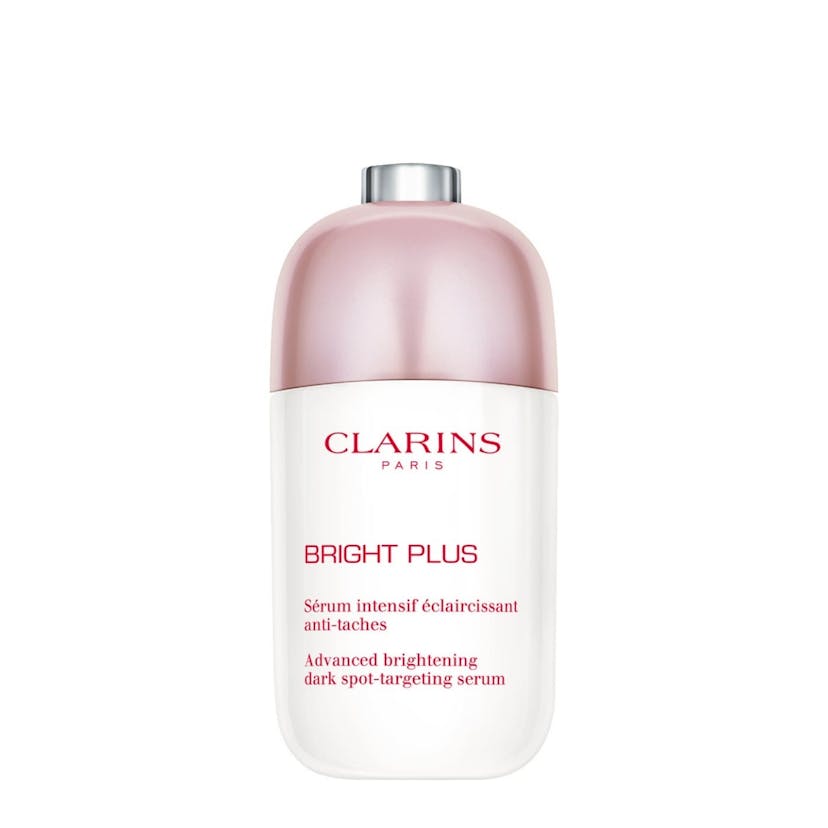
Post acne hyperpigmentation can usually be treated with topical skincare. Beauty Daily recommends Bright Plus Advanced Dark Spot-Targeting Serum, £79 to effectively fade away those dark acne spots. It has all the dark spot fighting ingredients, such as vitamin C and new organic sea lily, to fight post-acne hyperpigmentation. It also has rose-myrtle and acerola seeds to promote cell oxygenation, which both help improve blood circulation. In turn, skin looks bright, and the complexion more even.
To achieve the best results, use products in the Bright Plus Range including White Plus Radiance-Boosting Cleansing Foam, £28, Bright Plus Dark Spot Targeting Treatment Essence, £37 and the Bright Plus Dark Spot Targeting Emulsion, £52.
Dr Tewari shares her best picks: “I like a vitamin C serum to rejuvenate the skin and improve skin turnover such as Paula’s Choice Vitamin C, £49, Skinceuticals Phloretin CF, £145 or C E Ferulic Vitamin C Antioxidant Serum, £145 which is slightly stronger.”
Experts say some medicated creams, such as those containing azelaic acid or hydroxyl acids, might help too. Consult your dermatologist first before using any new products to avoid further irritation or scarring.
How to Reduce the Risk of Acne Scars In the Future
- The best way to keep those pesky acne scars at bay is to take steps to prevent yourself from getting acne in the first place. You can start by adopting a solid skincare routine, getting enough sleep, watching your diet, and managing stress. We’ve listed the common causes of acne here.
- Experts say if you’re prone to scarring, it’s important to never skip SPF as sun damage is a key cause of pigmentation scarring.
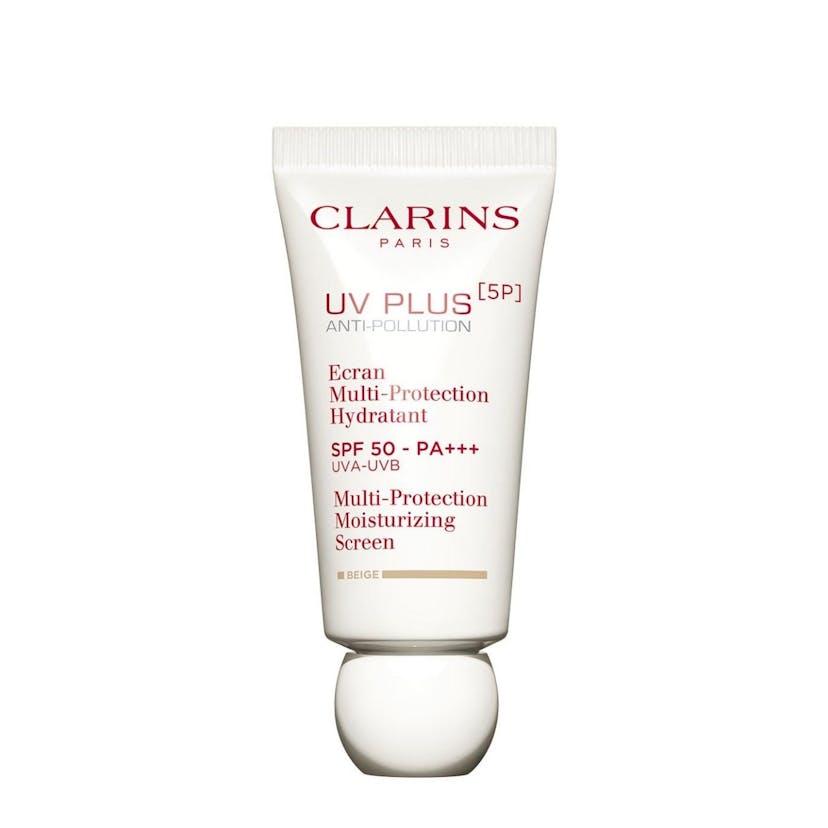
An all-rounder like the UV PLUS [5P] Anti-Pollution Beige, £33 is an excellent choice as a daily SPF. Not only does it protect you from the harsh UV rays, but also the five main pollutants encountered in everyday life (atmospheric, indoor, pollen, blue light and photo-pollution). It’s refreshing and ultra-hydrating thanks to the organic leaf of life that protects the skin from getting dehydrated. Plus, the slightly tinted beige texture offers natural coverage that evens the complexion and helps cover blemishes.
3. Do not squeeze, pop, or pick your acne. This can rupture the skin and lead to scarring. (As well as spread bacteria, making the acne worse.)
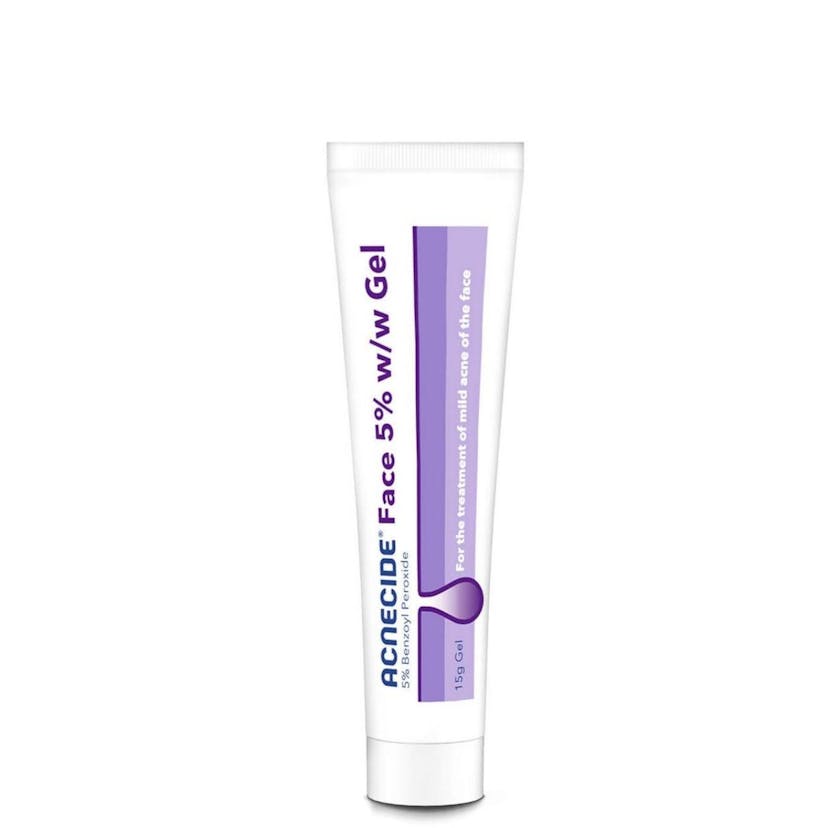
4. Make sure you’re using the correct treatments for your acne. “It’s helpful to use products with anti-inflammatory ingredients such as salicylic acid featured in CLEAR-OUT Targets Imperfections, £16 or Acnecide Face Gel Spot Treatment with Benzoyl Peroxide 15g, £7.99,” recommends Dr Mia Jing Gao, Consultant Dermatologist at the Royal Free Hospital, London.
She advises applying this to areas of skin that are prone to acne. However, these products can cause dryness and irritation, so they should be used with moisturiser. It can be used a few times a week or daily if tolerated.
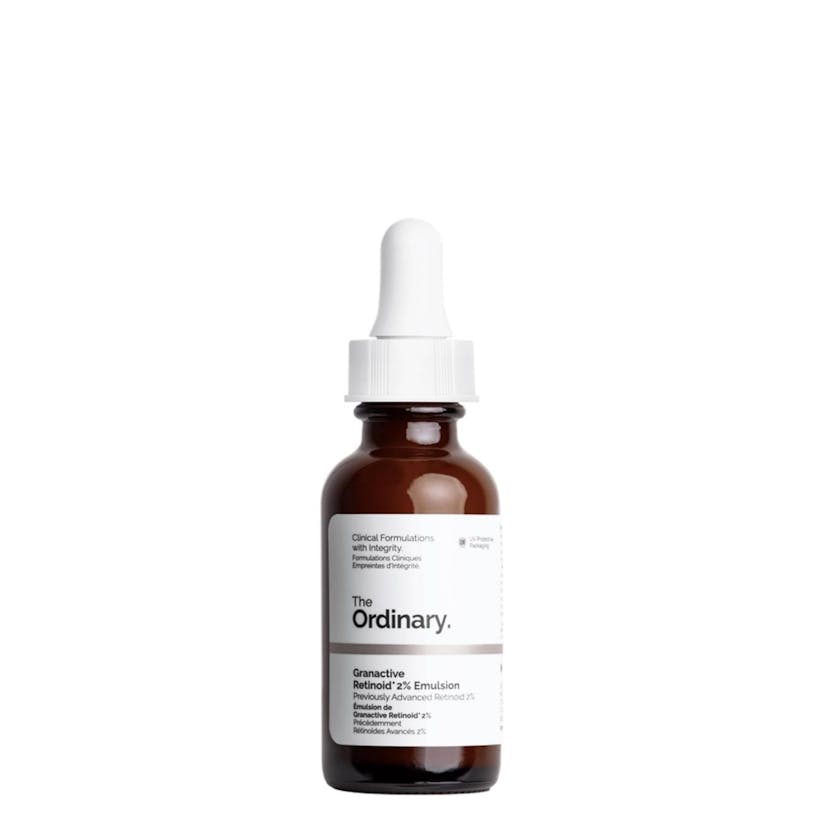
5. “The most powerful treatments for acne blemishes are prescription creams. But over-the-counter products containing ingredients from the retinoid family can reduce the oiliness of skin over time and improve the quality of the skin, such as The Ordinary Advanced Retinoid, £9 or Medik8 Crystal Retinal, £42. I recommend applying this at night.”
When it comes to managing scarring and its emotional impact, help is at hand. You can visit websites such as Skin Support and Changing Faces for further advice and support.
Read next: How To Expertly Care For Blemish-Prone Skin
Sign up for our newsletter
We will keep you in the loop for special offers, exclusive gifts and product news.

